那些年我们熟读的孔子语录
中国日报网 2018-09-28 09:50

《论语》记录了孔子一生的精辟言论及见解,发人深省。我们上学时都曾经熟读并且背诵过一些《论语》中的句子。今天是孔子诞辰2569周年,一起用中英双语回顾孔子的那些名言警句。
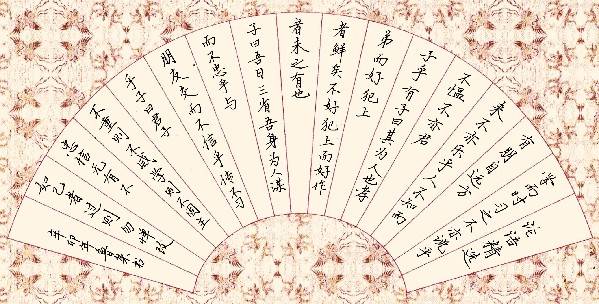
温故而知新,可以为师矣。
If a man keeps cherishing his old knowledge, so as continually to be acquiring new, he may be a teacher of others.
唯女子与小人,为难养也。近之则不孙,远之则怨。
Of all people, girls and servants are the most difficult to behave to. If you are familiar with them, they lose their humility. If you maintain a reserve towards them, they are discontented.
吾十有五而志于学,三十而立,四十而不惑,五十而知天命,六十而耳顺,七十而从心所欲,不逾矩。
At fifteen I set my heart upon learning. At thirty, I planted my feet firm upon the ground. At forty, I no longer suffered from perplexities. At fifty, I knew what were the biddings of Heaven. At sixty, I heard them with docile ear. At seventy, I could follow the dictates of my own heart; for what I desired no longer overstepped the boundaries of right.
不患人之不己知,患不知人也。
I will not be afflicted at men's not knowing me; I will be afflicted that I do not know men.
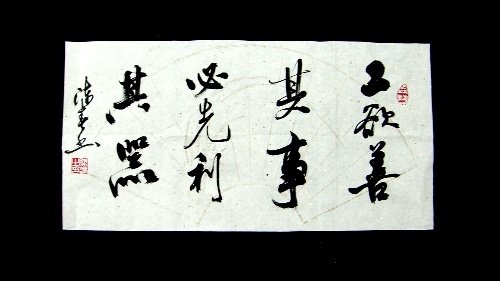
工欲善其事,必先利其器。
A craftsman who wishes to do his work well must first sharpen his tools.
君子欲讷于言,而敏于行。
The superior man wishes to be slow in his speech and earnest in his conduct.
君子成人之美,不成人之恶,小人反是。
The superior man seeks to perfect the admirable qualities of men, and does not seek to perfect their bad qualities. The mean man does the opposite of this.
道不同,不相为谋。
Those whose courses are different cannot lay plans for one another.
性相近也,习相远也。
By nature, men are nearly alike; by practice, they get to be wide apart.
过而不改,是谓过矣。
Not to mend the fault one has made is to err indeed.
己所不欲,勿施于人。
What you do not want done to yourself, do not do to others.
言必信,行必果。
Keep what you say and carry out what you do.
有朋自远方来,不亦乐乎?
Is it not delightful to have friends coming from distant quarters?
人不知而不愠,不亦君子乎?
Is he not a man of complete virtue, who feels no discomposure though men may take no note of him?
逝者如斯夫,不舍昼夜。
It passes on just like this, not ceasing day or night!
人无远虑,必有近忧。
If a man takes no thought about what is distant, he will find sorrow near at hand.
知者乐水,仁者乐山。知者动,仁者静。知者乐,仁者寿。
The wise find pleasure in water; the virtuous find pleasure in hills. The wise are active; the virtuous are tranquil. The wise are joyful; the virtuous are long-lived.
非礼勿视,非礼勿听,非礼勿言,非礼勿动。
Look not at what is contrary to propriety; listen not to what is contrary to propriety; speak not what is contrary to propriety; make no movement which is contrary to propriety.
当仁,不让于师。
When it comes to benevolence, one need not give precedence even to his teacher.
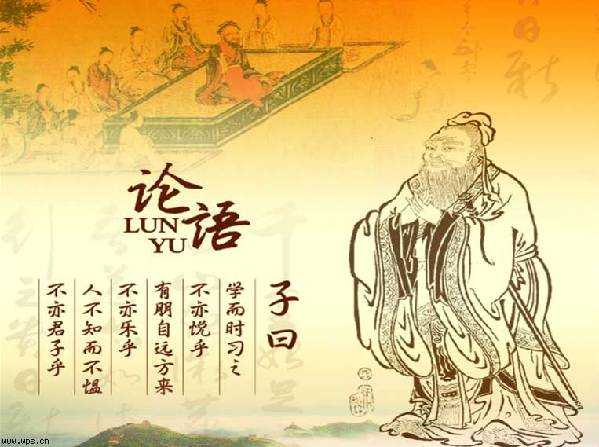
学而时习之,不亦说乎?
Is it not pleasant to learn with a constant perseverance and application?
敏而好学,不耻下问。
He was of an active nature and yet fond of learning, and he was not ashamed to ask and learn of his inferiors.
三人行,必有我师焉。择其善者而从之,其不善者而改之。
When I walk along with two others, they may serve me as my teachers. I will select their good qualities and follow them, their bad qualities and avoid them.
(本文所选语录由英国苏格兰汉学家理雅各先生翻译。理雅各,英文名James Legge,詹姆斯·莱格,英国苏格兰汉学家,曾在香港主持英华书院,翻译多本中国古代著作。)
(中国日报网英语点津 Helen)











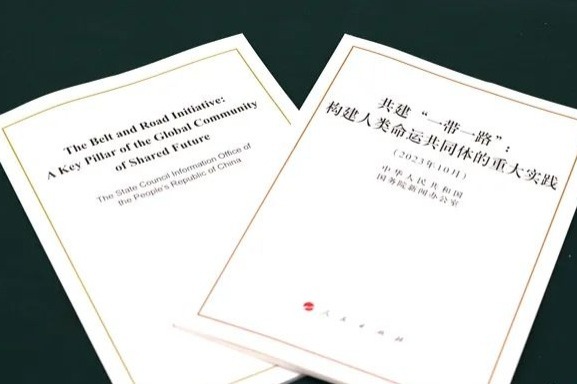
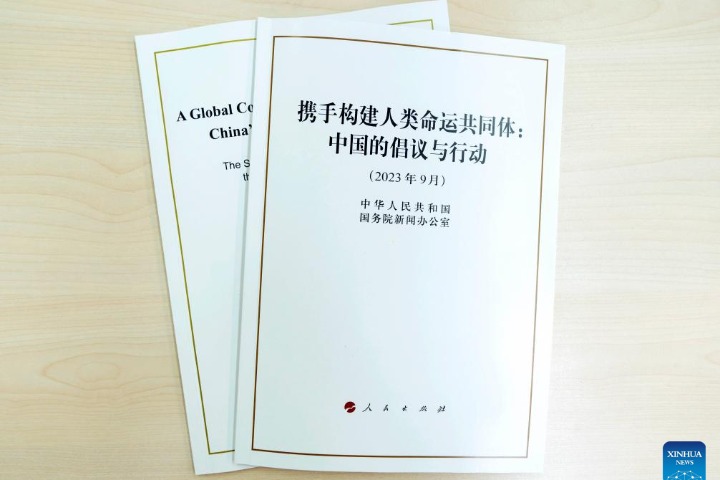




 英语点津微信
英语点津微信 双语小程序
双语小程序